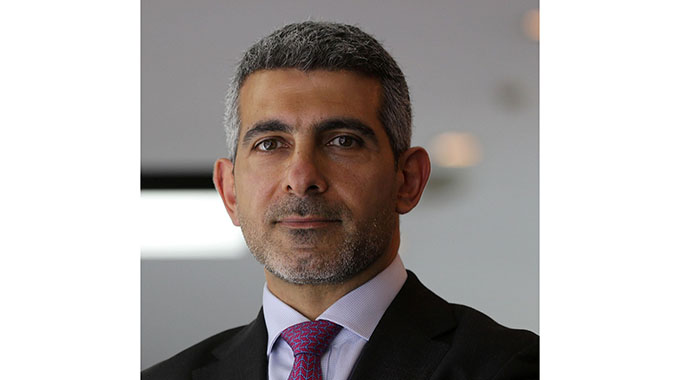Sub Saharan Africa experiencing food crises

Tina Musonza-Herald Correspondent
Sub Saharan Africa is experiencing one of the most alarming food crises in decades with 146 million people suffering from acute food insecurity that require urgent humanitarian assistance.
In a joint statement released yesterday Patrick Youssef the International Committee of the Red Cross (ICRC) regional director for Africa, and Mohammed Omer Mukhier, the International Federation of Red Cross Societies (IFRC) regional director for Africa the International Red Cross and Red Crescent Movement said:
“Driven by a complex interplay of insecurity and armed conflict, extreme weather events, climate variability and negative macroeconomic conditions, this crisis is distinct in its magnitude and geographic scope.
“As such, it requires an exceptional mobilisation but also demands at the same time a massive effort by all concerned institutions and states to address the systemic failures that underpin food insecurity in Africa,” said the statement.
The statement said in the past five years, those experiencing acute food insecurity have increased by 83 percent, an estimated 54 million people, with women and children being disproportionately affected.
“Their vulnerabilities are compounded by poverty, inequality, marginalisation, recurrent shocks, which have fundamentally altered lives. In Somalia alone, the number of children under the age of five years suffering from severe acute malnutrition with medical complications who were admitted to the stabilisation centres has increased by almost 50 percent compared to the same period last year.”
“We, the International Red Cross and Red Crescent Movement, are extremely concerned by the devastating impact of this crisis on people’s lives and dignity. Since the start of the crisis, African national societies and their partners have reached almost 3.5 million people through life-saving interventions. However, food insecurity trends continue to deteriorate indicating that even more will
The movement said responding to this food insecurity crisis, both International components of Movement –ICRC and IFRC-are present in 10 countries –Burkina Faso, Cameroon, Ethiopia, Kenya, Mali, Mauritania, Nigeria, Somalia and Sudan-most of which are impacted by both conflict and climatic shocks.
“The ICRC has active emergency operations for these 10 countries and is stepping up its resource mobilization efforts, while the IFRC will launch a regional emergency appeal supporting 12 national societies across Sub-Saharan Africa with the potential to expand its scope as the crisis evolves.”
“As priority, we are scaling up our response to address urgent humanitarian needs emphasizing integrated, cash-based assistance alongside health and nutrition, water and sanitation. Nearly 60 percent of the Movement’s interventions are cash-based.
“At the core of our intervention lies the centrality of the national societies and their 1.6 million volunteers, who provide unique access to vulnerable populations. As in other coordinated emergency operations, such as the joint Movement response to the eruption of Mount Nyiragongo in DRC and the on-going food insecurity operation in Niger, the international 1 Integrated Phase Classification, the two components of the Movement are building on each other’s comparative advantages to support the response.”









Comments